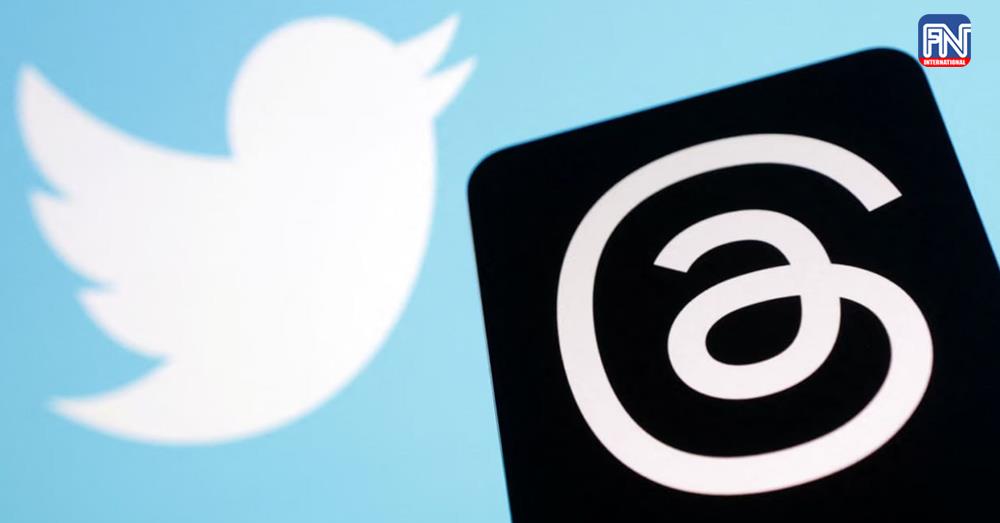NEW YORK, July 5 (Reuters) - With Twitter already on the ropes, Meta's (META.O) Mark Zuckerberg delivered another blow to Elon Musk on Wednesday, ramping up the tech billionaires' rivalry with the launch of Instagram's much-anticipated companion service Threads, a challenger to Twitter.
"Let's do this. Welcome to Threads," Zuckerberg wrote in his first post on the app, along with a fire emoji. He said the app logged 5 million sign-ups in its first four hours.
Much like Twitter, the app features short text posts that users can like, re-post and reply to, although it does not include any direct message capabilities. Posts can be up to 500 characters long and include links, photos and videos up to five minutes long, according to a Meta blog post.
It is available in more than 100 countries on both Apple's App Store and Google's Play Store, the blog post said.
Analysts said investors were salivating over the possibility that Threads' ties to Instagram might give it a built-in user base and advertising apparatus. That could siphon ad dollars from Twitter at a time when the microblogging company's new CEO is trying to revive its struggling business.
While Threads launched as a standalone app, users can log in using their Instagram credentials and follow the same accounts, potentially making it an easy addition to existing habits for Instagram's more than 2 billion monthly active users.
"Investors can't help but be a little excited about the prospect that Meta really has a 'Twitter-Killer'," said Danni Hewson, head of financial analysis at investment firm AJ Bell.
Meta stock closed up 3% on Wednesday ahead of the launch, outpacing gains by competitor tech companies as the broader market edged down.
Threads' arrival comes after Zuckerberg and Musk have traded barbs for months and even threatened to fight each other in a real-life mixed martial arts cage match in Las Vegas.
The timing is opportune for Meta to land a blow, as months of Musk's chaotic decision-making has roiled Twitter.
Musk bought Twitter for $44 billion last October, but its value has since plummeted as it faced an exodus of advertisers amid deep staffing cuts and content moderation controversies. Its latest move involved limiting the number of tweets users can read per day.
